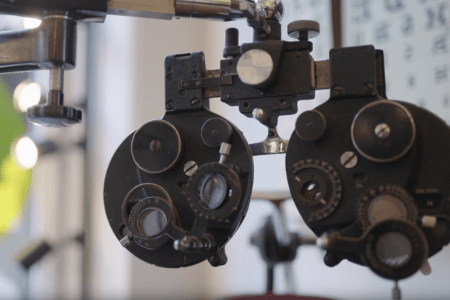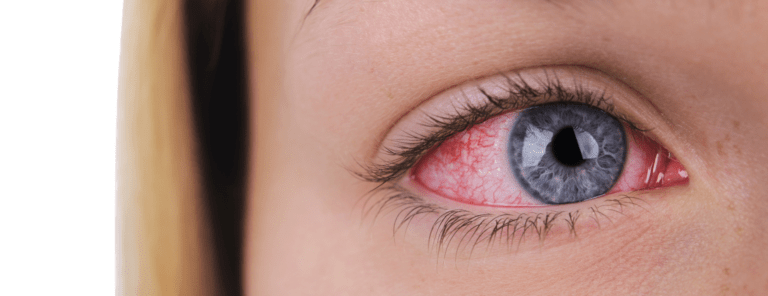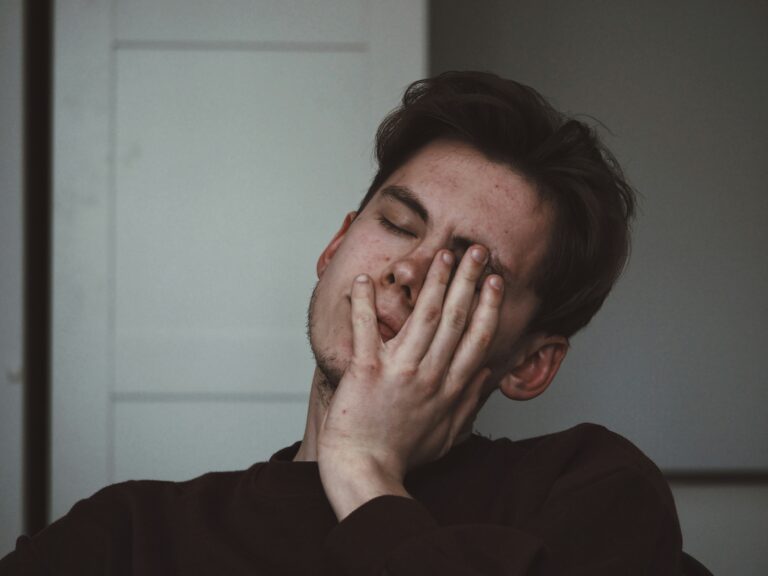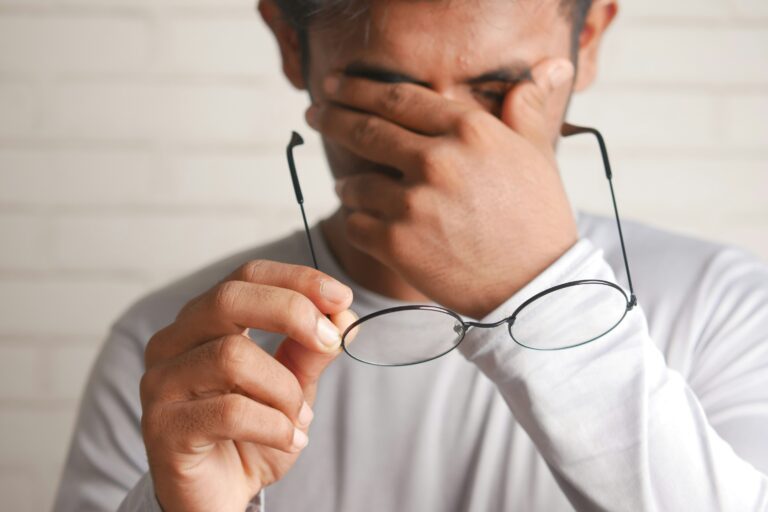
It is commonly thought that hay fever is only a problem in late Spring or during Summer when the sun is shining, and people are out and about in the great outdoors more. That is far from the case.
Approximately a quarter of all hay fever sufferers in the UK are allergic to tree pollen.
Tree pollen allergies are seasonal, mainly occurring between February and June. As some shrubs and trees start releasing pollen as early as January, hay fever can be triggered very early on into the new year, with people often confusing the symptoms for those of a common cold. Some varieties of tree including willow, elm, birch, ash and alder are at their peak of releasing pollen in March and April, so be sure you know what to look out for this springtime.
The pollen season includes three main phases. Knowing which pollen triggers your allergy can help you to take measures to reduce symptoms.
Are you one of the many millions in the UK suffering from hay fever at the moment?
WHAT CAUSES HAY FEVER?
Many allergens are in the air, where they come in contact with your eyes and nose. Airborne allergens include pollen, mould, dust and pet dander.
Other causes of allergies, such as certain foods or bee stings, do not typically affect the eyes the way airborne allergens do. Adverse reactions to certain cosmetics or drugs such as antibiotic eye drops also may cause eye allergies.
Some people actually are allergic to the preservatives in eye drops such as those used to lubricate dry eyes. There is now a wide range of preservative-free brands in unit (single) dose, novel multi-dose bottles and even sprays.
Looking After Your Eyes
If you suffer from hay fever, you will know the dreary symptoms and we are here to help prevent them, with some helpful tips:
- See your optometrist before allergy symptoms start this year to learn how to reduce your sensitivity to allergens
- Try to avoid what’s causing your eye allergies, whenever possible
- Review the pollen forecast, as it can change frequently
- Don’t rub your eyes if they itch! This will release more histamine and make your eye allergy symptoms worse
- Use plenty of artificial tears to wash airborne allergens from your eyes. Ask your optometrist what they recommend
- Reduce contact lens wear or switch to daily disposable lenses to reduce the build-up of allergens on your lenses
- Consider purchasing an air purifier for your home, and purchase an allergen-trapping filter for your furnace
- If you are taking drops correctly and still have any symptoms, make an appointment with your optometrist
Seasonal allergies can have you in a fog, with itchy eyes and a runny nose. Pay extra attention to what triggers your allergies so you’ll know what to avoid.
Click here for more allergy tips and visit your eye doctor if your eyes become red, watery or swollen.
We’ve many different options for hay fever and allergen prevention at the clinic.
Act before you react!
For more expert optical advice visit Whitby & Co. Optician at 29 Fleet Street, London EC4Y 1AA





